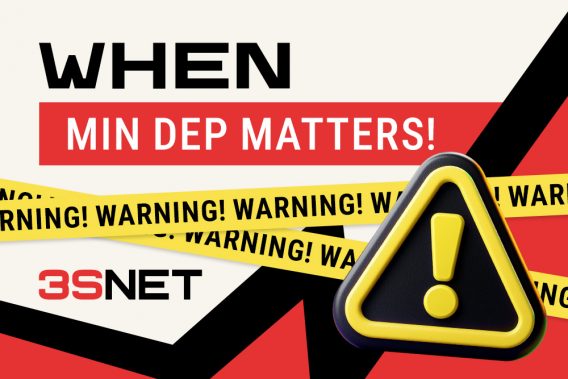Publication date: 16 Oct 2020
Germany is one of the most attractive and expanding gambling markets in the world and the third largest gambling market in Europe (after Italy and the UK). In 2018, the country’s GGR (Gross Gaming Revenue) amounted to about €14 billion. In October 2020, a new stage in the regulation of gambling, lotteries, and betting in Germany began. The country is entering a transition period that prepares bookmakers and gambling operators for the introduction of a new State Treaty on Gambling — ISTG 2021. In Germany, gambling is a public matter, and a uniform regulation law has to be adopted by all federal states. Now the main reason for disagreement among lawmakers is that some of them strongly support the introduction of a licensing procedure for online casinos and poker rooms, while the others want to keep the online ban. The new ISTG 2021 represents a compromise: though it provides for licences for almost all types of online games, the licensing conditions will be even more stringent.
The history of gambling and betting regulation in Germany
- In 2011, the first State Treaty on Gambling (Gl?cksspielstaatsvertrag or Gl?StV) was signed by 16 federal states. The document contained the basic legal requirements for the organization of all types of gambling, lotteries and betting services. The Treaty opened the market to non-state licensed companies, but only a limited number of providers could obtain a licence to operate in Germany — no more than 20.
- Companies started applying for licences in 2012. In 2014, unsuccessful applicants obtained preliminary injunctions against the competent authority. The issue was halted, and the majority of gambling and betting companies kept operating without a licence but in compliance with additional requirements.
- In 2015, issuance of documents was suspended, and the market was again open to operators with any type of licences. The second edition of the Treaty was proposed in 2018, but not all of the federal states ratified it.
- On 1 January 2020, the Third Amendment to the State Treaty came into force. In April, however, Gl?StV was canceled due to complaints about the lack of transparency in the licensing process.
- On 1 October 2020, the German authorities presented a transitional solution for the planned fourth Gl?StV, which is valid from 15 October. A completely new (fourth) State Treaty on Gambling (ISTG 2021) is expected to come into force in July 2021.
Features of state gambling regulation in Germany
For the first time, Germany will open its gambling market to international companies: operators applying for a licence do not have to be located in Germany. They are required to name an authorized person and provide documents and a proof of registration with foreign authorities. Another most significant amendment includes the removal of the ban on online poker and online slot machines (and to some extent online casinos). In the Treaty, the term “sporting event” is precisely defined: a sporting competition between people according to certain rules. This definition significantly expands the scope and allows listing esports among licensed types of services. The new Treaty is supposed to provide players with more safety. First, all licensed operators have to deposit at least €5 million and keep funds of their players separately. If it comes to bankruptcy, the affected players will be able to recover their funds. Secondly, the following measures of individual protection will be introduced:
- all logins and bids have to be controlled centrally
- players may only gamble with one operator at a time
- the deposit limit may not exceed €1,000 per month (for all operators)
- operators have to be linked to and participate in the central blocking system for problem gamblers.
Advertising of gambling and sports betting will be permitted but with some restrictions. In particular, advertising may not be directed to minors and may not be presented as means of solving financial problems. The restrictions also include a ban on broadcasts and online ads from 6am to 9pm.
Share it with your friends via favorite social media

























